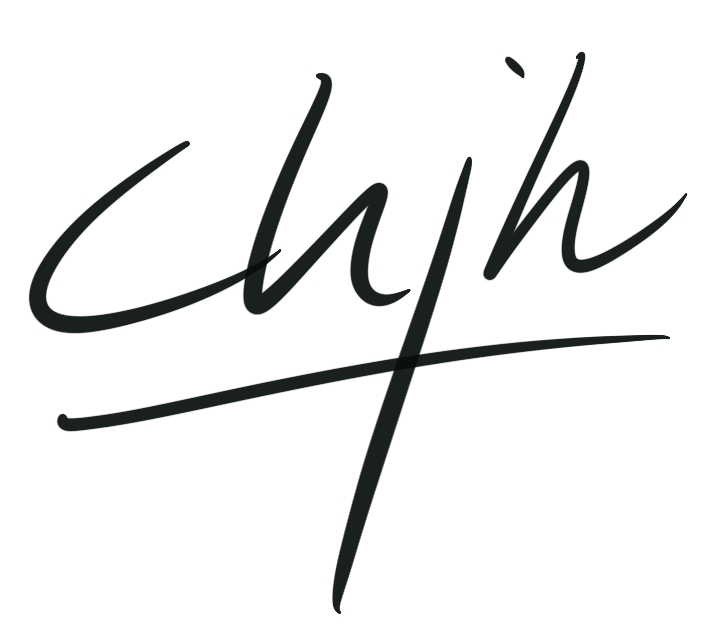Open sourcing the news

I read a lot of news, but I do not like being consumed by it. The balance between what's happening now (news), the short or long past (history), and potential futures (foresight or analysis) is a rough one to keep. This post is about making sure that sources are readily accessible where possible, straight from the news.
Part of not becoming consumed by the news and its biases is doing source research and verifying information. It is important to me to understand what is going on in the world, and depending on the mode and outlet, the information is more or less unreliably narrated. The news is too close to the now to see the bigger picture, and without verifying source materials where possible we are unable to sharpen our limited perspective.
I understand that doing original source research is time consuming. Part of why I read the news is so I do not need to source all information myself. But news is sourced upon layers and layers, and being able to scratch one layer off is important to me to see whether it is a house of cards or something more. Does the thread unravel if we pull on it?
A recurring theme in my reflections on the news is that I am frustrated with the ridiculous lack of linking to the first layer of source material. "Report X says such and such" is easily written, read, and forgotten. But I would consider linking to "Report X" not much more of an effort. Even I source things in this blog by copy-pasting the link in.[1]
Maybe I put the bar too high, because it seems the practical standard to leave those links out. Established (public) news providers like the Dutch Public Service (NOS) or the German Public Service (Tagesschau) link to their own posts, mention the report's authors or even the title, but end up not linking to it. In the digital age, I would expect discussions around what to source, but it sometimes feels more like public sourcing itself is up for discussion. A quick copy-paste is all it takes.
Linking to source materials is really a missed opportunity for signalling where to find relevant information as well. When a court ruling or a report is the source for a news piece, being able to click and see it is helpful to know where it can be found. Finding public sources like this is not obvious to begin with. Just last week, I learned how to navigate the International Court of Justice (ICJ) website to find cases and their verdicts, in order to read the order in the case against Israel.
Of course there are legitimate, good faith reasons to not link to source material too. Linking to infringing materials is infringement itself in the current state of affairs.[2] Linking to triggering content without a warning may be legal, but is certainly unethical. Linking to content that may later be switched out, is also a risk of an audience being hijacked and redirected to something else. I understand these nuanced considerations for specific case and those do not warrant a general policy of limited linking.
There are also illegitimate, bad faith reasons to not link to source material. These include a fear of link rot or content drift, where either the content is not available anymore or gets changed in the meantime. This concern is legitimate, but removing access to the source this way simply obfuscates access and raises other ways of misleading people. A good faith approach would be for news outlets to directly try to address that issue, for example with services like the Wayback Machine or Perma.cc.
Honestly though, so much source material is plain vanilla and comes from large institutions. This means the information can reliably be shared without much risk. Links have a half-life, but it is way beyond the regular news cycle. Finding archived versions of links is also easier than finding archived versions of unlinked content.
I am not advocating to disclose sensitive sources --- those that are put at risk by disclosure. Individuals should be able to determine whether they are identified as sources, but public documents are already public anyway. It may even do the news agencies good in building trust - sharing information and inviting people in to look at it themselves.
So link to your damned (public) sources. There is already too much quality content behind paywalls, drowned out by masses of subpar and generated content. Open sourcing the news can help raise the signals more clearly in between the noise. Most importantly, a big thank you to all the reporters and news orgs already doing this! You know who you are.
This way I do not lose the source material myself. Whether the author of a news piece has more rigorous private records of the source material, is something I also wonder. ↩︎
The GeenStijl v Sonoma case as a prime exemplar of such a situation. ↩︎

Comments ()